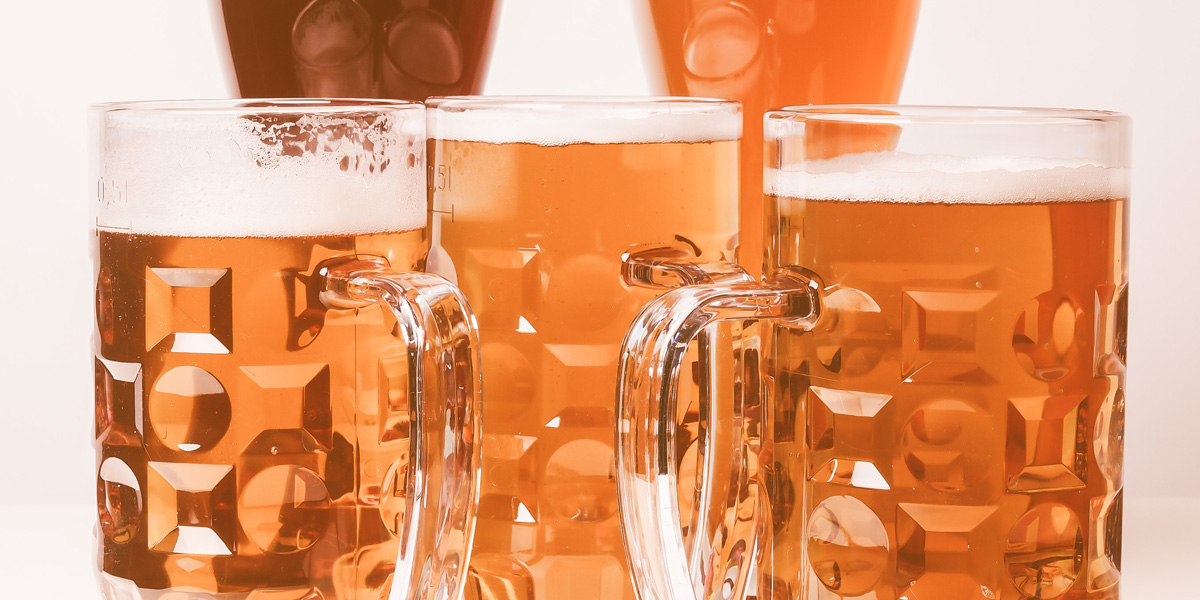
In tests, all 14 of the most widely sold beers in Germany were found to contain glyphosate. How does this relate to levels of glyphosate found toxic in laboratory experiments?
Last week the Munich Environmental Institute (Umweltinstitut München) in Germany announced the results of tests it had conducted, which found glyphosate in all 14 German beers analysed.
The doses of glyphosate found varied from 0.46 to 29.74 μg/L (micrograms per litre).
We’ve been asked to comment on how this discovery relates to the findings of Gasnier et al. 2009 (Glyphosate-based herbicides are toxic and endocrine disruptors in human cell lines, Toxicology 262: 184–191).
Gasnier et al.’s study demonstrated that small amounts of glyphosate herbicides had cytotoxic (toxic to cells) effects, and were genotoxic and endocrine disruptors in human cell lines.
The Lowest Observed Adverse Effect Level (lowest level found toxic) in Gasnier et al. was at the concentration of 200 ppb of glyphosate, tested in the form of Roundup (500 ppb, 0.5 ppm). Glyphosate was found in the German beer at around the lower level of 30 ppb (29.74 μg/L).
We invited scientists to give their view.
The scientists first cautioned that we're talking about two different things: the concentrations of glyphosate in beer and the amounts of glyphosate herbicide that caused different effects at different levels of treatment.
They said that the amount that was found in beer is not necessarily what is going to be present in the consumer to exert either a cytotoxic effect or endocrine disruption. So the two are not comparable in any meaningful way.
According to the scientists, the most useful way to understand this interesting beer data is:
1. By reference to the level of any pesticide (including glyphosate) that is allowed in drinking water in Europe: 0.1 μg/L. The German beers contained far high levels than this. However, we also have to bear in mind that the level allowed in drinking water is not based on toxicity data but on the precautionary principle. So contamination by glyphosate at levels above 0.1 µg/L doesn't imply that there is a health risk, from the regulatory point of view.
2. Beer can be a major source of glyphosate intake in Germany and other countries where beer consumption is high.
3. Other countries should survey their beer too; it’s likely the UK isn't much better given the high level of pre-harvest crop desiccation with glyphosate.
The scientists also noted that the data in Gasnier 2009 does not clearly distinguish cytotoxic from endocrine disruptive effects, so caution should be used in claiming endocrine effects from the levels tested in that experiment.
We would add to this that we would be in a better position to know if there are health risks attached to drinking glyphosate-contaminated beer if pesticides were tested for their endocrine-disrupting potential for regulatory purposes. In Europe, they are not; in the US, regulators have just begun to get together a battery of tests, though they are years off completing them.
Meanwhile the best precautionary action seems to be to drink only organic beer. Organic crops are not allowed to be sprayed with glyphosate.










